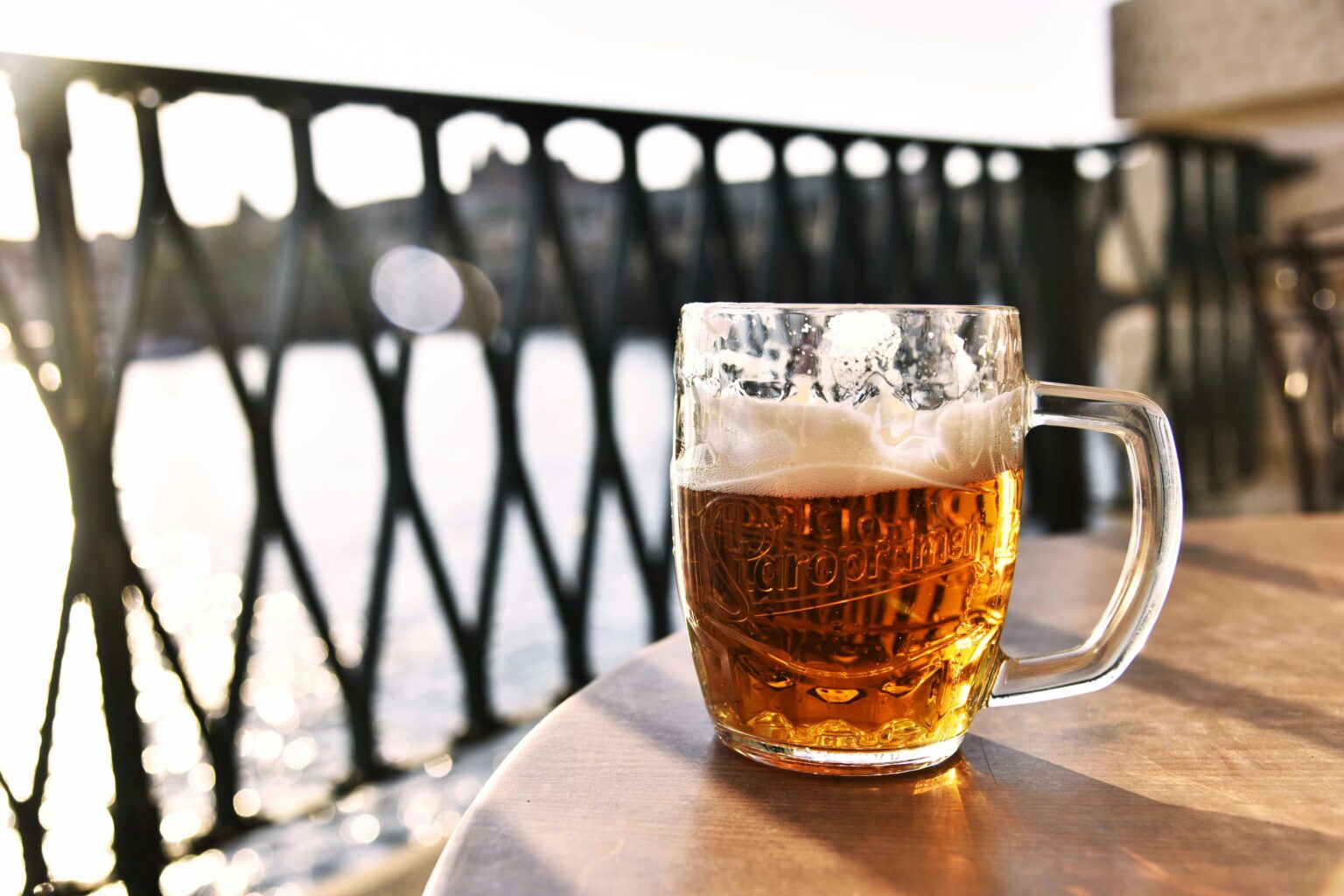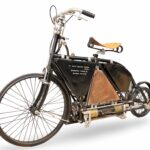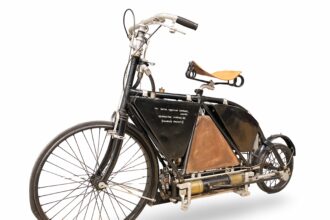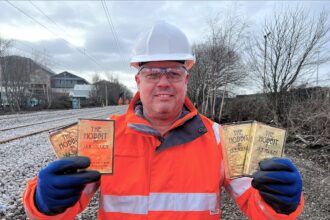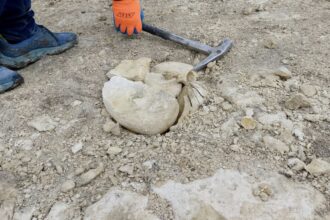Beer and Marmite can help recycle old mobiles and laptops, according to boffins
Leftovers from brewing and making the breakfast spread can help remove metals from electronic waste – like phones and computers.
Scientists say the amount of electronic waste is “increasing worldwide.”
However, the range of mass electronic scrap makes the recycling process complicated.
- Advertisement -
READ MORE: Woman shares ‘hack to avoid identity theft’ using HAND SANITISER
This is because there are so many types of different metals, that it is difficult to separate them.
But, new research found that brewer’s yeast may be used to filter out the metals from the electrical waste streams.
It is made from a fungus and used to make beer.
It is also the same ingredient used in Marmite.
- Advertisement -
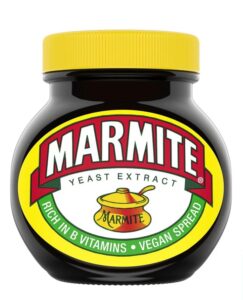
The cheap ingredient can be reused – making it an environmentally-friendly way to recycle electronics.
Other methods of filtering out heavy metals include using biological materials, called biosorbents.
This would soak up pollution but it could produce toxic byproducts as a result.
- Advertisement -
Brewer’s yeast filters out heavy metals using a process called adsorption.
This is caused by ‘electrostatic interactions’ between the yeast and metal ions.
When the pH solution of yeast and metal is changed, the yeast can adsorb more, or different, metal ions.
Researchers at the University of Natural Resources and Life Sciences in Vienna, Austria, led by Anna Sieber separated the biomass from 20 litres of used brewer’s yeast.
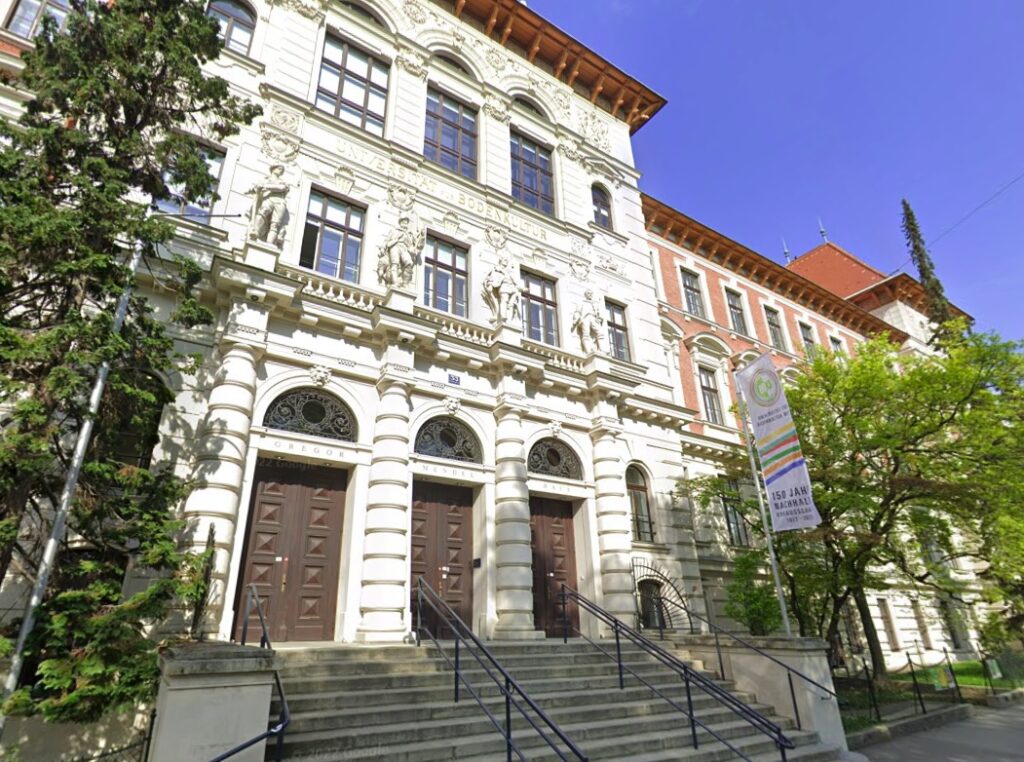
They tested it on zinc, aluminium, copper and nickel at a range of temperatures and pHs to see if it could separate them.
According to the paper, over 50% of the aluminium, 40 % of the copper and 70 % of the zinc in the test solutions were recovered in the experiments.
Scientists also found that the yeast itself was able to be recycled between uses.
They used it up to five times to recover different types of metal.
The paper reads: “In this study, the optimal pH values for aluminium, copper, zinc and nickel biosorption were determined and combined to a stepwise biosorption approach.
”Using an industrial waste biomass such as spent brewer’s yeast kept the costs of this process low.
”Moreover, spent brewer’s yeast proved to be an excellent candidate for the selective metal recovery from PCB leachate solutions containing high amounts of Cu2+ and Zn2+.
It adds: “The current study showed that a stepwise biosorption approach using spent brewer’s yeast can be used for the selective recycling of metals from PCB leachate solutions.
”However, further studies focusing on different waste streams need to include a careful analysis of potential interfering metal ions.”
READ MORE: DVDs could be making a comeback after boffins create disc that holds 220,000 films


